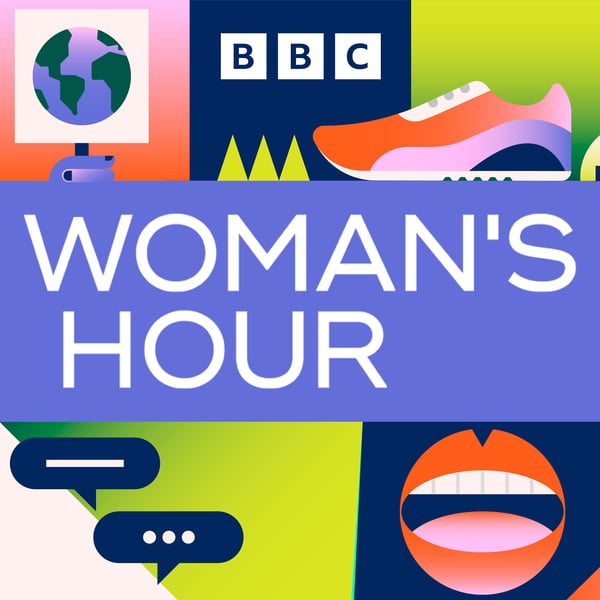Finding My Voice
Woman's Hour
BBC
4.2 • 2.9K Ratings
🗓️ 5 March 2023
⏱️ 48 minutes
🧾️ Download transcript
Summary
Transcript
Click on a timestamp to play from that location
| 0:00.0 | BBC Sounds, Music, Radio, Podcasts |
| 0:04.9 | Hello and welcome to a special edition of the Woman's Hour Podcast. Earlier this year, |
| 0:10.3 | we had a series of interviews on the topic of finding my voice. We spoke to women from |
| 0:15.4 | all different backgrounds and professions about the moment they realised they had something |
| 0:19.8 | to say. What pushed them to speak up and how did it change them? Well, we've put all the |
| 0:25.2 | interviews together for a special Sunday episode of the podcast. You thought Sunday was the only |
| 0:30.3 | day you were left alone, not anymore. Coming up, Shaquilla Scarlett, the 26-year-old chair of |
| 0:36.3 | a school governing board. She talks to us about why being excluded from school at the age of 12, |
| 0:41.4 | pushed her to elevate young voices in schools, and finding your voice at 40. The best-selling |
| 0:47.6 | author, Millie Johnson, shares how she found her voice as a writer by embracing her Yorkshire |
| 0:53.2 | roots. Quite right. But first, Erika Asuri was an actor and baker who rarely kept up with politics, |
| 1:00.9 | whether that be the politics of her birth country Iran or the UK where she's lived since she was |
| 1:06.5 | 16. But that's all changed in 2017 when her father Anouche was detained by the Iranian authorities |
| 1:13.9 | whilst he was in the country visiting his mother. What followed for Erika was as she described it, |
| 1:20.0 | a crash course in human rights campaigning in the most unimaginable circumstances as she fought |
| 1:26.1 | for her father's release. He flew home on the same plane that brought Nazanine Zagari Rakhlif back |
| 1:31.9 | to her family in March 2022. But even after his release, Erika has continued to campaign for the |
| 1:38.7 | rights of women and political prisoners in Iran. She spoke to Nula about finding her voice as an |
| 1:44.6 | activist. Nula started by asking about her life before her father's arrest. I did study and |
| 1:51.6 | train to be an actress and I was kind of in the height of finding my feet in the acting industry when my |
| 1:59.7 | dad's incident happened. And because I also ran my own business as a participatory chef, I had to |
| 2:10.5 | put something on hold. And of course my acting job didn't pay the bills. So I had to keep going |
... |
Please login to see the full transcript.
Disclaimer: The podcast and artwork embedded on this page are from BBC, and are the property of its owner and not affiliated with or endorsed by Tapesearch.
Generated transcripts are the property of BBC and are distributed freely under the Fair Use doctrine. Transcripts generated by Tapesearch are not guaranteed to be accurate.
Copyright © Tapesearch 2025.

